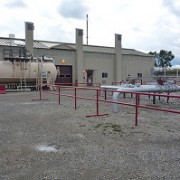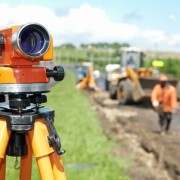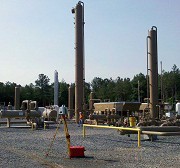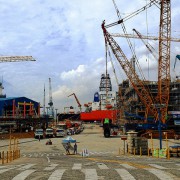The Biggest Permitting Issues That Arise in Oil and Gas Projects
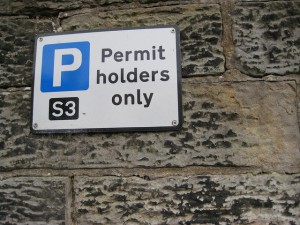 When planning a new oil and gas project, it’s very important that you educate yourself about the permit issues that you might run into along the way. While there are many different permitting issues that could arise, all of these can be boiled down into two main factors: wasted time and wasted money.
When planning a new oil and gas project, it’s very important that you educate yourself about the permit issues that you might run into along the way. While there are many different permitting issues that could arise, all of these can be boiled down into two main factors: wasted time and wasted money.
Wasted Time
As you are no doubt aware, oil and gas projects operate according to a strict schedule. When a permit issue appears unexpectedly, companies will find themselves putting a stop to things while they wait for the needed permits to come through. This could end up setting the project back weeks, which could in turn have a ripple effect that greatly disturbs the rest of the project schedule. The only way to avoid unexpected sources of wasted time is by planning ahead and making sure that your company knows about any perspective permit issues before they become problems.
Wasted Money
Just like oil and gas surveying projects have to adhere to strict timelines, they also have to adhere to strict budgets. Oil and gas companies that don’t take the time to familiarize themselves with all of the permitting issues they might face before the project begins risk going significantly over their budgets, which could in turn affect what the company is and is not able to do going into the future. This is another reason why it’s important for oil and gas businesses to look into potential permitting issues as early as possible.
What Types Of Permitting Issues Should Oil And Gas Companies Be Worried About?
Oil and gas companies are subject to a variety of state and federal regulations regarding what they can and can’t do. While some states may require a particular type of permit, others may not. On top of this, the turnaround time for permits can vary greatly and some permits can take well over a year to obtain.
Here are a couple major permits that we have seen oil and gas companies have issues with:
404 Permit
A 404 Permit, named for Section 404 of the federal Clean Water Act, is something that all companies must obtain before pursuing a project that might affect bodies of water such as wetlands. To be more specific, the regulation limits the discharging of potentially harmful dredged or fill material into bodies of water.
In order to receive a permit to proceed with a project that requires the discharge of such material into a body of water, an organization must be able to demonstrate to the EPA that there is no practical alternative available that would be less damaging to the aquatic environment, and that the damage to the water would be limited as much as possible during the project. Gathering and presenting this kind of information takes time, so it’s important to know whether or not you need this permit in advance.
Louisiana Natural and Scenic Rivers System Permit
A good example of a permit required by state regulations can be found in Louisiana. A company must secure one of these permits before beginning an oil and gas project that might affect any of the scenic waterways listed on the Louisiana Scenic Rivers Act.
Working with a professional land surveying company that has certified environmentalists is the best way to ensure that your company is aware of all the possible permit issues that apply to your project. With this knowledge, you can ensure that these issues don’t stand in the way of you completing your oil and gas project successfully. Contact Landpoint today to learn more about what our oil and gas surveying knowledge and experience can do for you.
Image Source : Scottish Greens


